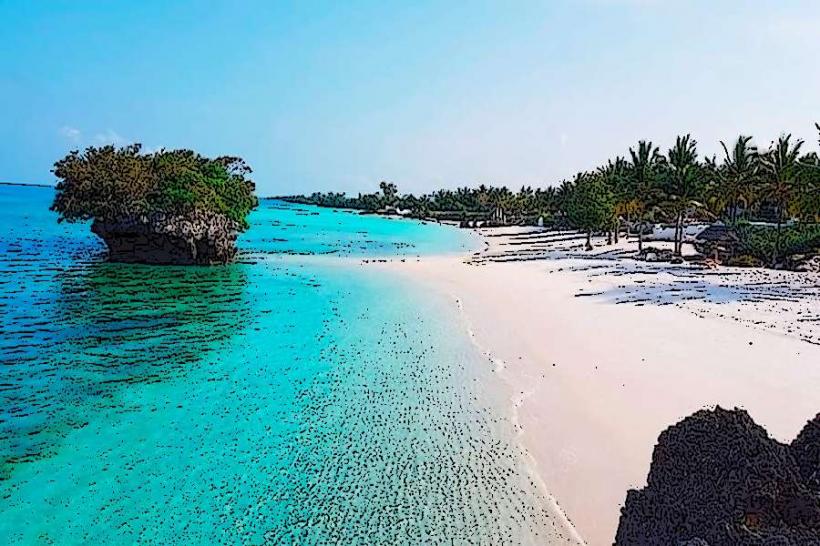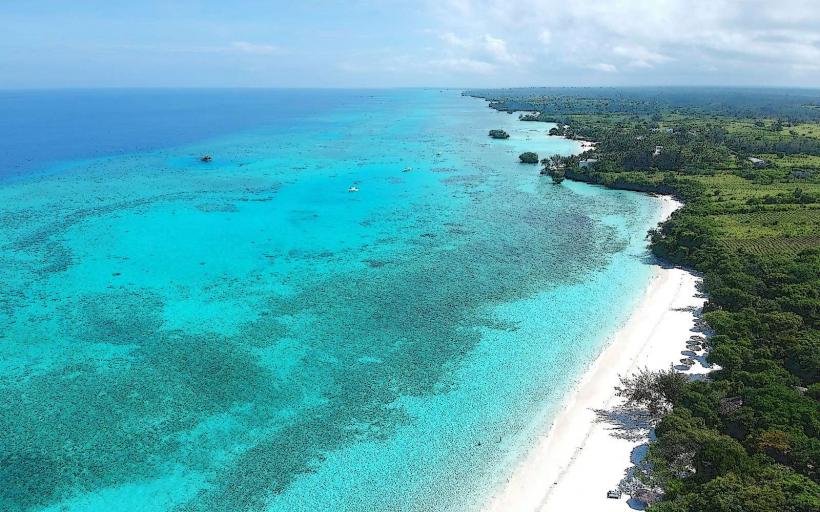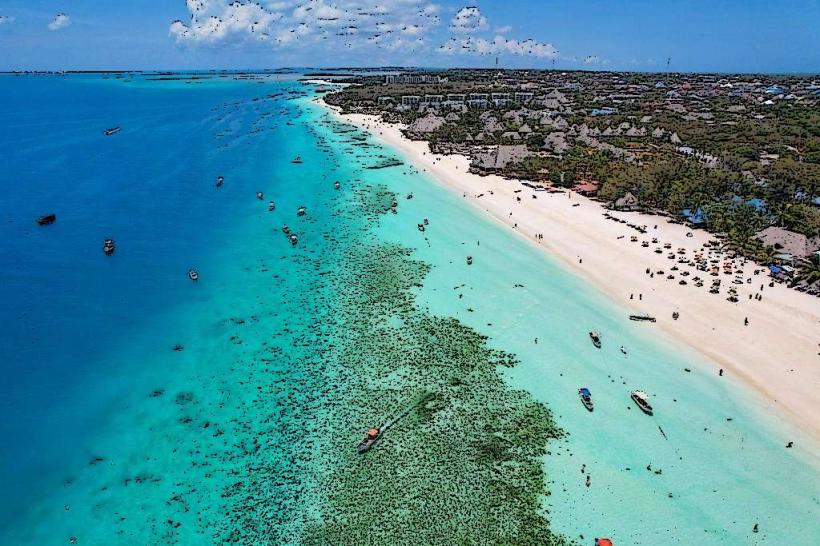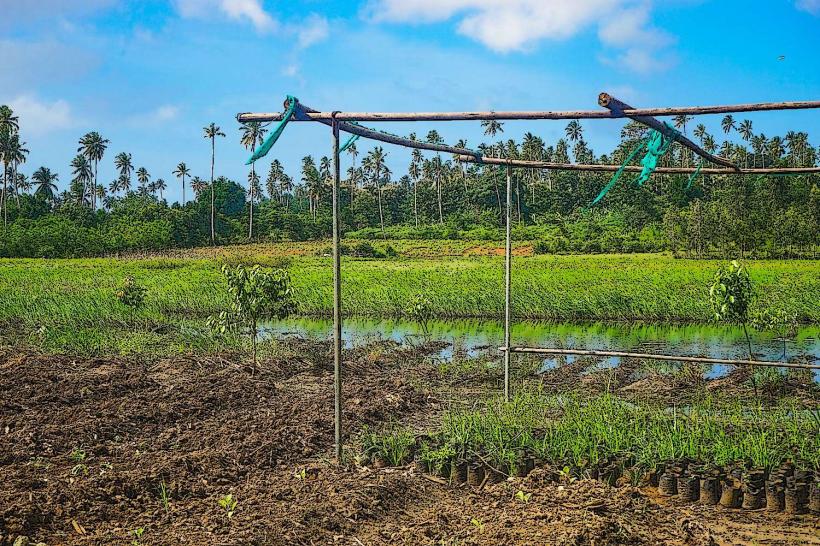Information
Landmark: Wete TownCity: Pemba Island
Country: Tanzania
Continent: Africa
Wete Town, Pemba Island, Tanzania, Africa
Wete Town
Wete is the main town on Pemba Island, which is part of the Zanzibar Archipelago in Tanzania. It is located on the island's northern coast and serves as one of the key cultural and economic centers of Pemba Island. The town has a rich history, a relaxed atmosphere, and is a gateway for visitors exploring the natural beauty, culture, and history of Pemba Island.
Key Features of Wete Town
1. Location and Accessibility
- Wete is situated on the northern coast of Pemba Island, which is to the north of Zanzibar Island in the Indian Ocean.
- The town can be reached by ferry, boat, or airplane from Stone Town (Zanzibar), with regular connections to Pemba Island.
- The Wete Port is a bustling hub for local trade, transportation, and the arrival of tourists, and is where ferries from Zanzibar and the mainland dock.
2. History and Cultural Significance
- Wete Town has a rich history, with Arab, Portuguese, and Swahili influences that have shaped its development. As part of the Zanzibar Sultanate, Pemba Island and Wete were key players in the clove trade and slave trade, which were significant economic activities in the region.
- The town was historically a center for Islamic culture and education, with many of the island's mosques and Islamic schools (madrassas) located here.
- Wete's architecture reflects the town's history, with old buildings that showcase a blend of traditional Swahili, Arab, and colonial architectural styles.
3. Local Economy and Trade
- The economy of Wete is primarily based on agriculture, fishing, and trade. The fertile lands of Pemba Island are known for their production of cloves, coconuts, cassava, and other crops, with Wete serving as a hub for local markets and trading.
- Clove farming is particularly important to the local economy, as Pemba Island is renowned for its high-quality cloves, which are exported worldwide.
- The fishing industry also plays a significant role, with the town serving as a base for local fishermen who catch fish, octopus, and other seafood to supply local markets.
4. Attractions in Wete
- Wete Market: The town's market is a vibrant place where locals and visitors can experience the island's culture through its spices, produce, and handcrafted goods. The market offers a chance to purchase local spices, handwoven baskets, textiles, and artworks.
- Wete Fort: Like many towns in the Zanzibar Archipelago, Wete has its own fort that was built by the Omani Arabs during the 18th century. The fort is a historical landmark and an example of the town’s Arab influence.
- Maziwa Beach: Just outside of Wete, Maziwa Beach offers a quiet retreat where visitors can enjoy the peaceful coastlines and beautiful views of the Indian Ocean.
- Islamic Architecture: Wete is home to several mosques and Islamic buildings, which showcase the island's Islamic heritage. The Wete Mosque is a prominent example of the local Swahili architecture.
5. Nature and Eco-Tourism
- Wete is surrounded by lush landscapes, including mangrove forests, beaches, and the hills of Pemba, making it a great base for exploring the island's natural beauty.
- Visitors can take trips to nearby nature reserves, beaches, and mangrove swamps, where they can see a wide range of bird species, wildlife, and marine life.
- Diving and snorkeling are popular activities in the waters around Wete, with nearby coral reefs offering rich underwater experiences.
6. Sustainable Tourism
- Like many parts of Pemba Island, Wete is beginning to embrace sustainable tourism practices, with efforts focused on preserving the island's environment and culture.
- Visitors are encouraged to respect the local traditions and participate in eco-friendly activities such as hiking, birdwatching, and visiting local farms to learn about clove production and agriculture on the island.
Best Time to Visit Wete Town
- Dry season (June to October): The best time to visit Wete is during the dry season, when the weather is pleasant, and the seas are calm, making it ideal for exploring the island, beach activities, and nature excursions.
- Wet season (November to May): While the wet season sees occasional rain, it is still possible to visit, with fewer tourists around, creating a more tranquil atmosphere.
Conclusion
Wete Town is a charming and historically significant destination in Pemba Island, offering a unique blend of Swahili culture, natural beauty, and eco-tourism opportunities. It serves as an excellent base for exploring the surrounding areas of Pemba, including beaches, coral reefs, and nature reserves. Whether you're interested in learning about the local culture, relaxing on the beach, or exploring the natural wonders of the island, Wete provides a welcoming and peaceful environment for all types of travelers.





